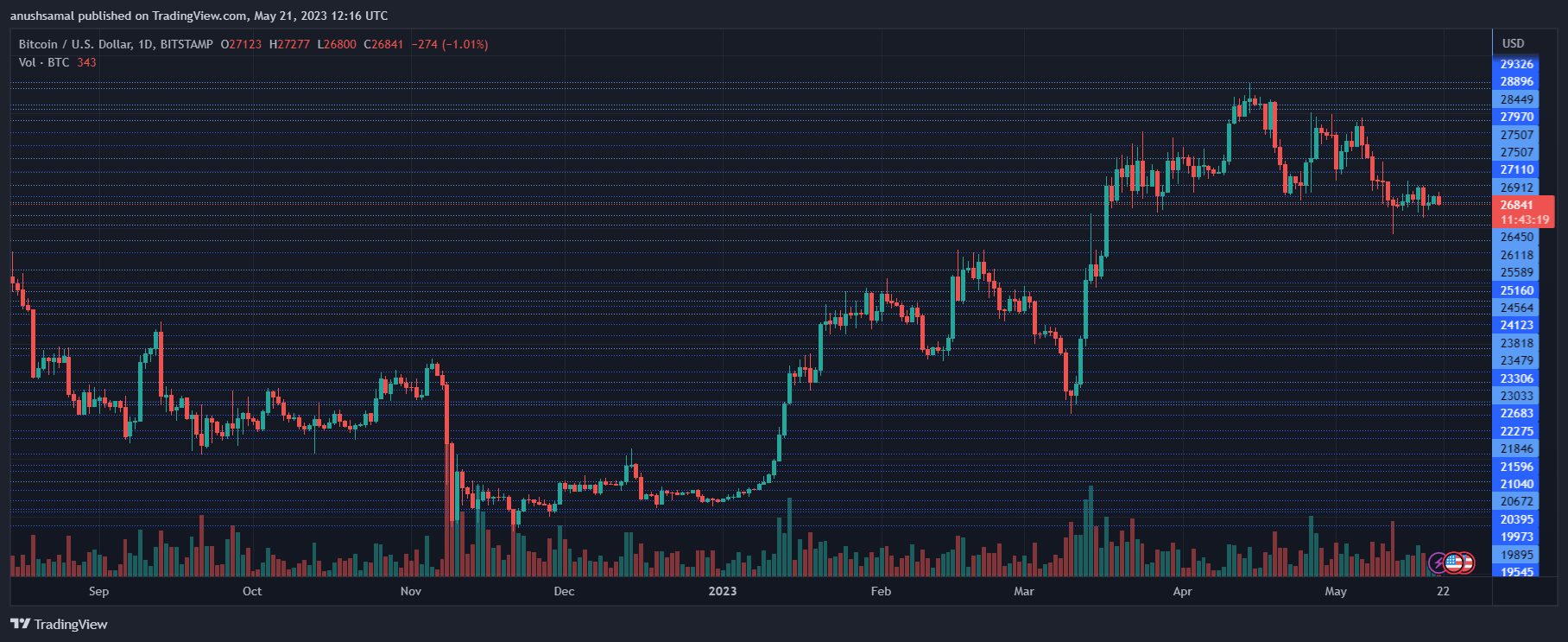Monero Community Expresses Privacy Concerns And Criticizes ‘Mordinals’
Mordinals, also known as Monero Ordinals, serve as a means to inscribe data alongside transactions stored on the Monero blockchain. This unique feature allows users to include additional information within the Monero network, enhancing its capabilities beyond simple transactional data storage.
The concept of Ordinals was introduced to simplify the issuance of tokens and NFTs on the Bitcoin network. Over the past 30 days, Bitcoin ordinals have gained significant popularity within the crypto sector.
However, this newfound popularity has had a negative consequence, as it has resulted in a noticeable increase in the average transaction fees on the Bitcoin network. The introduction of the Ordinals concept on the Monero blockchain network received mixed reactions.
While a few individuals appreciated this new use case for the Monero coin, the majority of Monero supporters expressed strong opposition, citing potential threats to user privacy.
According to many of these supporters, Ordinals represent a centralized concept.
Moreover, they voiced concerns that if Ordinals were to be implemented extensively on the Monero blockchain, it could pose a significant risk to the privacy of individuals who rely on Monero’s anonymity features to remain anonymous within the network.
Are Concerns Raised Within The Monero Community Justified?
Criticisms directed at Mordinals bear a striking resemblance to those faced by its Bitcoin counterpart, with an added emphasis on the potential implications for privacy features. To safeguard user privacy, Monero transactions utilize “ring signatures” that combine a transaction with a group of decoy transactions.
However, a potential threat arises if an attacker with sufficient resources were to flood blocks with Mordinals. In such a scenario, it would become effortless to distinguish legitimate transactions from the dummy NFTs, posing a genuine concern for the privacy of users.
The United States Internal Revenue Service (IRS) put forth a substantial reward in 2020 to incentivize efforts in tracking Monero transactions, indicating a demand for conducting such investigations. This fact highlights the existence of a market for targeting Monero’s privacy features.
Potential Repercussions On Decentralization
Another prevalent criticism surrounding Mordinals is its potential repercussions on decentralization. As block sizes expand, the storage demands placed on nodes also increase. Consequently, smaller nodes may be disincentivized from remaining online due to the heightened resource requirements.
While it is possible to upgrade the protocol to enable nodes to prune such transactions, it is important to consider the implications.
Blockchain networks rely on consensus among nodes regarding the network’s state. Filtering out specific blocks or transactions could be interpreted as a form of censorship, potentially undermining the fundamental principles of decentralization.
Monero, unlike Bitcoin, has a dynamic block size, and the idea that Mordinals might cause the blockchain to expand abnormally is a legitimate concern in the community. However, looking at on-chain metrics, it doesn’t appear that blocks are growing wildly faster.
Also, while Mordinals’ impact on privacy shouldn’t be taken lightly, some argue that the risks can be fixed through updates.
